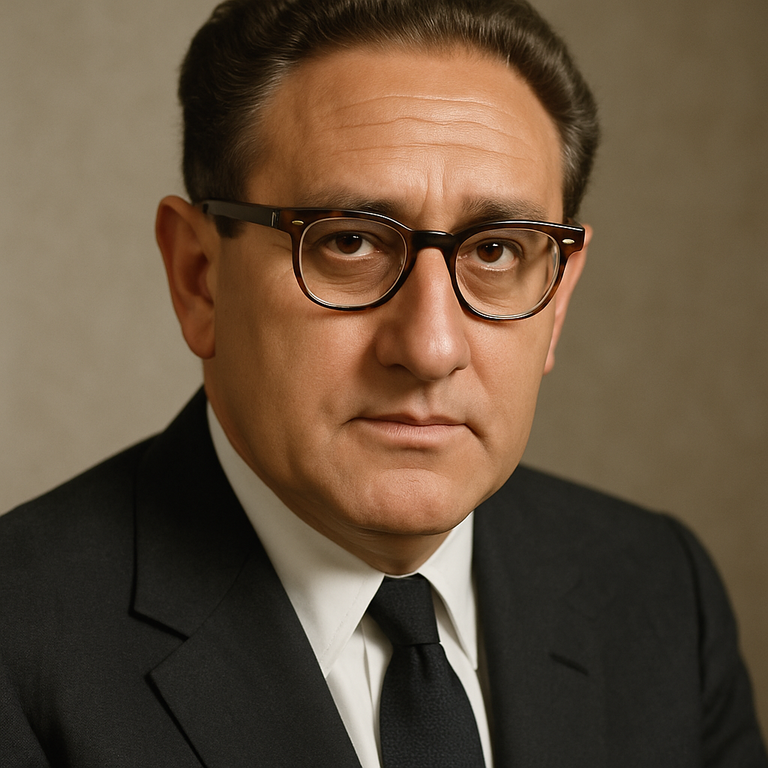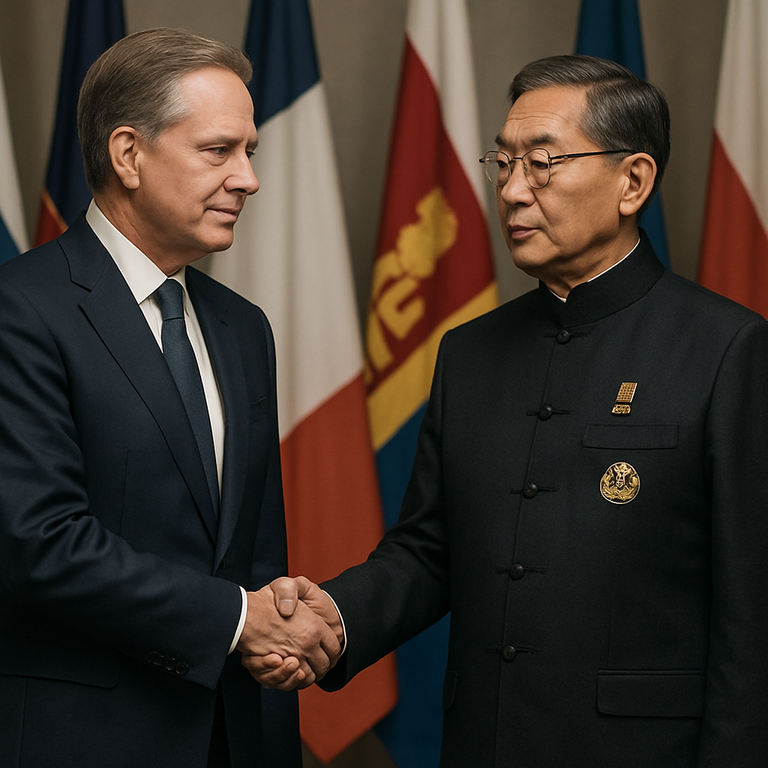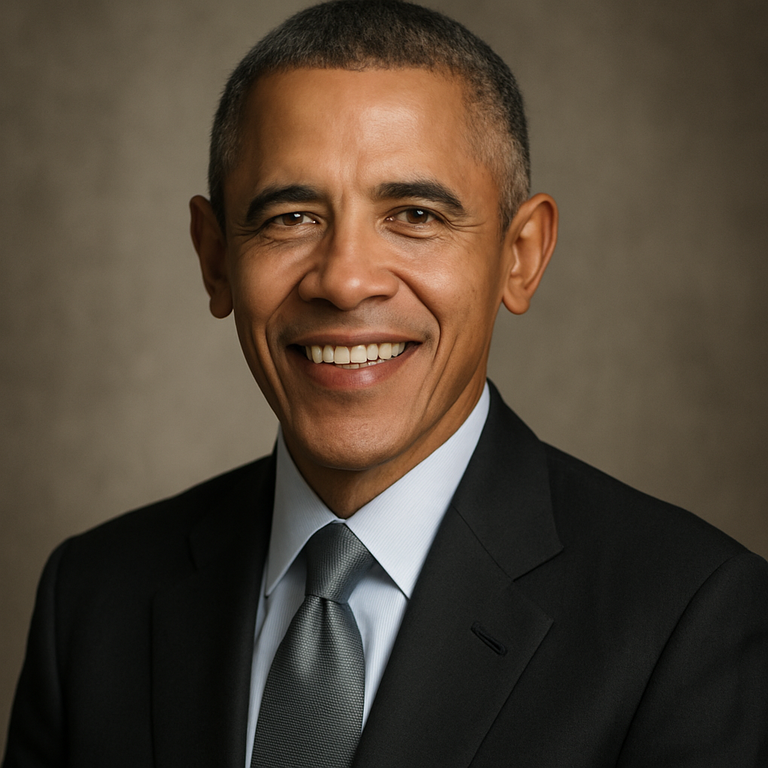How Kissinger shaped modern foreign policy

The so-called Kissinger Doctrine named after former US Secretary of State Henry Kissinger defines a way of seeing the world that has guided much of US foreign policy since the Cold War.
Its approach is based on political realism making pragmatic decisions based on power interests not on moral principles or democratic ideals. I review the most relevant points that support it.
Kissinger argued that a balance of power was essential to maintaining global stability. This involved establishing strategic relationships with all types of countries even those that did not share Western democratic values. The important thing was to prevent one power from imposing itself over others and unleashing a larger conflict.

During the Cold War Kissinger promoted the policy of "detente" which sought to reduce tensions between the United States and the Soviet Union. This resulted in diplomatic negotiations arms control treaties and collaboration in certain areas even in the face of deep ideological differences.
Another key element was the idea of intervening only when the United States strategic interests were at stake. This was not about intervening for noble or humanitarian causes
but rather for geopolitical calculations.
This principle of selective intervention has been widely criticized because it justified actions in various regions of the world with questionable results.

The doctrine is also based on political realism that prioritizes stability over democracy. That is why the United States has supported authoritarian regimes if it meant protecting its interests. It was not about imposing values but rather maintaining control and balance.
The global impact of this vision has been enormous. From the Middle East to Latin America many decisions were made under
this logic of power. The doctrine remains relevant and generates debate because beyond its effectiveness it raises ethical dilemmas about how far it is valid to act in the name of stability.

Obama, with his moderate style and progressive discourse did not break with this doctrine on the contrary he adapted it to the Democratic mentality. He consolidated it with more subtlety but with the same strategic objectives. And in this context the media machinery has played its part by lying, manipulating and fabricating stories that serve the interests of power.
images created By SORA and YOU AI
Interesting points on Kissinger's influence! 🤔 The focus on "power interests" is still very relevant today.